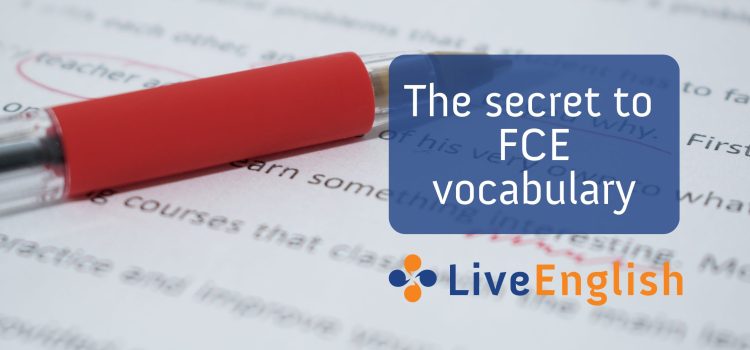
How extensive is your English vocabulary? Have you ever wondered how many words you know? What is the difference between passively knowing a word and being able to use it in a sentence?
The secret to remembering vocabulary for good
The answer here is collocations. A collocation is a set of words that are often used together. For example, we say “rely on someone”. If you saw the word “rely” for the first time and did not know what it meant, you might look it up in the dictionary. Now you have the ability to recognize that word and probably to figure out what the sentence means. This is passive knowledge.
However, now you go to use the word and you remember the word “rely” but you do not remember the sentence that you saw the word in. You do not remember that rely is followed by “on”. Without this knowledge, you cannot successfully use the word. If you understand the collocation “rely on someone”, you can use the word and start to build your fluency using this word to get a working ability to use this word in conversation (or active skill).
The moral of this story is in order to really develop your vocabulary, and in order to be able to pass exams like the FCE which will test not only your understanding of but also your ability to use vocabulary, you need to do more than just remember vocabulary lists.
Remembering vocabulary for the FCE
Get into the habit of remembering the spelling, the meaning, the way to use the word and the way the word sounds. It might sound unbelievable but the more you try to remember and the more you practice using the word, the easier it will be to keep the word in your long-term memory.







